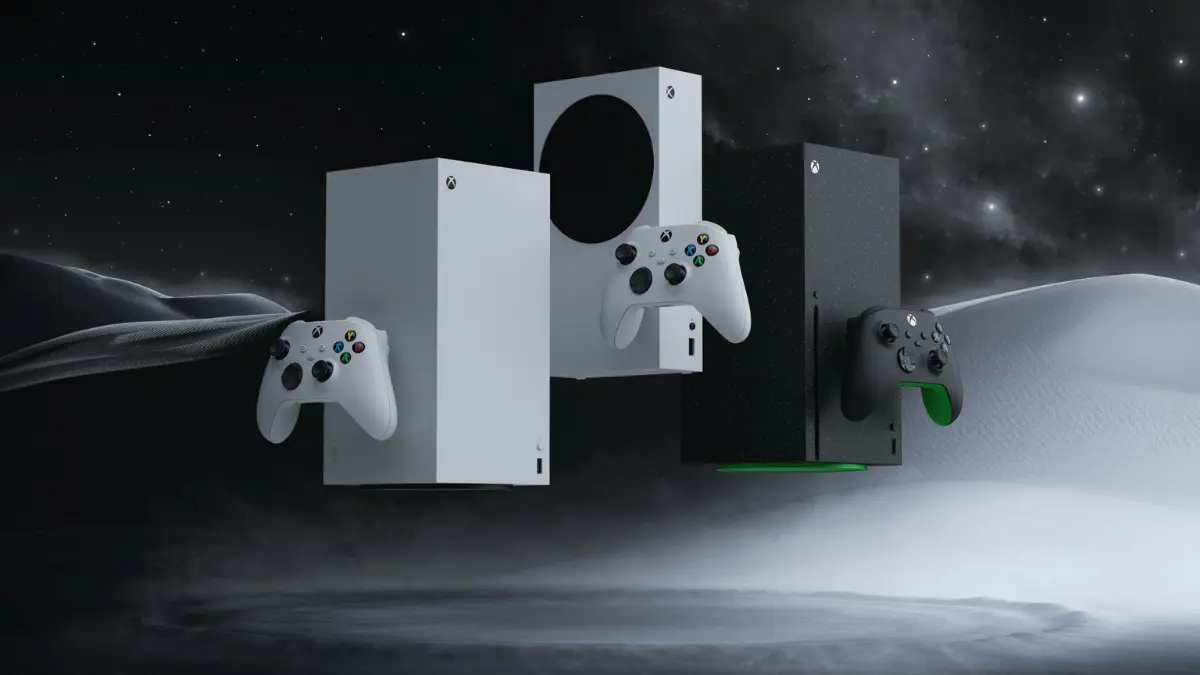Recent industry reports suggest Microsoft has sold fewer than 30 million Xbox Series X and S consoles combined since their November 2020 launch. The estimate comes from hardware leaker Kepler_L2, who based the calculation on AMD’s chip shipment data for next-generation consoles.
The method used involved looking at AMD’s reported shipments of custom console chips supplied to Microsoft, Sony, and Valve, then subtracting the publicly reported sales numbers for PlayStation 5 and Steam Deck units. While Microsoft no longer shares exact hardware sales numbers, several industry analysts have put Xbox Series console sales in the 27–32 million range.
These figures are a stark contrast with what Microsoft’s competitors are doing. Sony’s PlayStation 5 has shipped over 50 million units, while Nintendo’s Switch is approaching 140 million lifetime sales. What’s even more worrying for Microsoft, reports say Xbox has sold fewer than 3 million units in 2024 so far—that’s less than the Wii U managed in its fourth year on shelves.
A bunch of things seem to be making life tough for Xbox hardware. The console lineup has confusing names (Xbox One, One S/X, Series S/X) that leave both shoppers and store employees scratching their heads. Microsoft has also been knocked for slow-to-arrive or canceled first-party games, with titles like Perfect Dark, Everwild, and State of Decay 3 running into development troubles.
Xbox’s reach in other countries isn’t what it used to be either, with Microsoft reportedly pulling back from certain areas and seeing less retail shelf space outside North America. Price bumps for Xbox consoles outside the US have also made it trickier to compete worldwide.
Microsoft’s big shift toward Game Pass and cloud gaming is a noticeable departure from the usual console playbook. The company is now much more about monthly active users and subscription revenue instead of just hardware sales, even putting once-exclusive Xbox titles onto rival platforms.
Buying giants like Bethesda and Activision Blizzard shows Microsoft is serious about loading up its game library, though these big purchases haven’t really given Xbox console sales a lift. First-party games have been hit-or-miss, with series like Halo struggling to keep players coming back, even after strong launches.
Console conundrum
Industry insiders are more and more unsure about Microsoft’s long-term hardware plans. Some guess that Microsoft could shift toward being mostly a multiplatform game publisher and service provider, rather than battling Sony and Nintendo head-to-head in the console arena.
Still, Microsoft’s gaming division turns a profit overall, with Game Pass subscriptions and big third-party titles helping keep the money coming in. The big question is whether Xbox hardware will stay at the heart of Microsoft’s gaming plans, or eventually just take a back seat to its software and online services.

